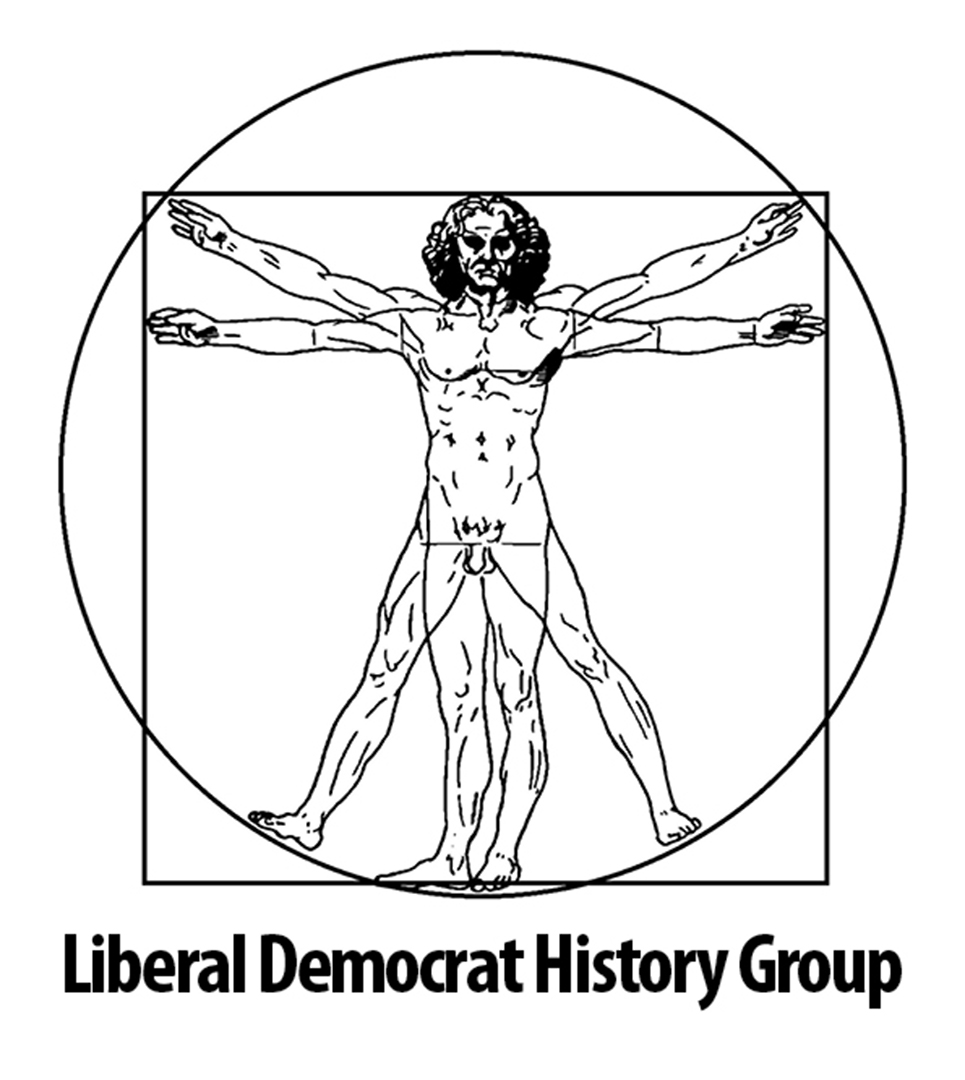Opposition to Brexit has become of the defining characteristics of today’s Liberal Democrats. And probably everyone knows that the Liberal Democrats’ predecessors in the Liberal Party supported British entry to the European Community in the 1970s and before. But where does this commitment derive from? The latest Journal of Liberal History(issue 98, spring 2018) explores the historical origins of the Liberal commitment to Europe.
As Anthony Howe discusses in the first article, one of the foundations of Victorian Liberalism in the nineteenth century was support for free trade, the removal of tariffs (import and export duties) on trade in goods. Normally discussed today in terms of the economic benefits, Liberal support in fact drew much more strongly from a belief in free trade as an engine of peace, building links between nations and promoting a cooperative rather than a military interventionist approach to international problems.
Eugenio Biagini analyses the different approaches to Europe adopted by the Liberal leaders W. E. Gladstone and Joseph Chamberlain. Gladstone, a committed internationalist, was a fervent supporter of free trade and an opponent of jingoistic nationalism; he was not opposed to the principle of pan-national empires, as long as their rule rested on consent and the protection of basic liberties. Chamberlain, the radical who broke with the Liberal Party over Irish Home Rule, followed a different, ‘social imperialist’ path, arguing for the need for states to be powerful, democratic and reformist in social policy – strong enough to survive in the brutal world of international relations while also fending off the rising threat of socialism. His proposals for tariffs against imports from outside the British Empire, with the aim of binding the colonies more closely together, helped heal the divisions in the Liberal Party and underlay the Liberal landslide election victory of 1906.
The First World War posed a major challenge to the belief in economic progress as an engine of peace, and led to growing support for some form of world government. David Grace tells the story of Philip Kerr, a government adviser during the war and the peace conference at its end and later a Liberal peer (as Lord Lothian) and junior minister in the National Government of the 1930s. Kerr argued first for a federal structure for the Empire and then for a world federal union of the democracies; he helped establish the Federal Union organisation, which still exists today.
Robert Ingham’s article looks at the Liberal contribution to the Council of Europe, the body set up in 1949 to help bring European nations closer together; its main achievement is the creation of the European Convention on, and Court of, Human Rights. William Wallace traces the history of the Liberal commitment to UK membership of the EU. Now an article of faith in the modern Liberal Democrats, Liberal support was not inevitable. Right up until the 1960s, a significant minority within the party saw European integration as incompatible with free trade, rather than a step towards economic and political cooperation. After the Liberal leader Jo Grimond committed the party firmly to British membership, some of these small-state economic liberals left to form the Institute of Economic Affairs, which later became instrumental in supporting the Thatcherite revolution within the Conservative Party.
The debates in Parliament over the Heath government’s application to join the European Community saw a major split within the Labour Party; in 1971 69 Labour MPs defied a three-line whip to vote with the government in support of membership. Ten years later many of those MPs joined the Social Democratic Party, which fought elections in alliance with the Liberal Party and ultimately merged with them to form today’s Liberal Democrats. Shirley Williams, interviewed specially for this issue, recalls her role in the rebellion, discusses the history of Labour’s long confusion over EU membership and reflects on the importance of the European issue to the SDP and the Liberal Democrats.
Julie Smith provides an overview of Liberal parties in Europe and the development of European Liberal organisations. Although support for EU membership is a common theme amongst Liberal parties, the European Liberal family sees a wide divergence of views on economic and social policy. Liberal parties can be broadly divided into economic liberal (in general small-state anti-interventionists) and social liberal (more comfortable with government action) camps; in some countries, including Denmark and the Netherlands, two liberal parties exist, one of each tendency. By 2018, leaders of Liberal parties were the second most numerous group within the European Council meeting of prime ministers, with eight compared to nine from the EPP (mainly Christian Democrats).
The issue concludes with reviews of books by Guy Verhofstadt and Andrew Duff. Subscribers to the Journal of Liberal History should already have received their issue; for others, it’s available for £10 here – or if you take out an annual subscription (£25, or £15 unwaged) you’ll receive this issue and three others. We hope the issue provides readers with an understanding of the roots – political and cultural as much as (if not more than) economic – of the long Liberal commitment to Europe.

